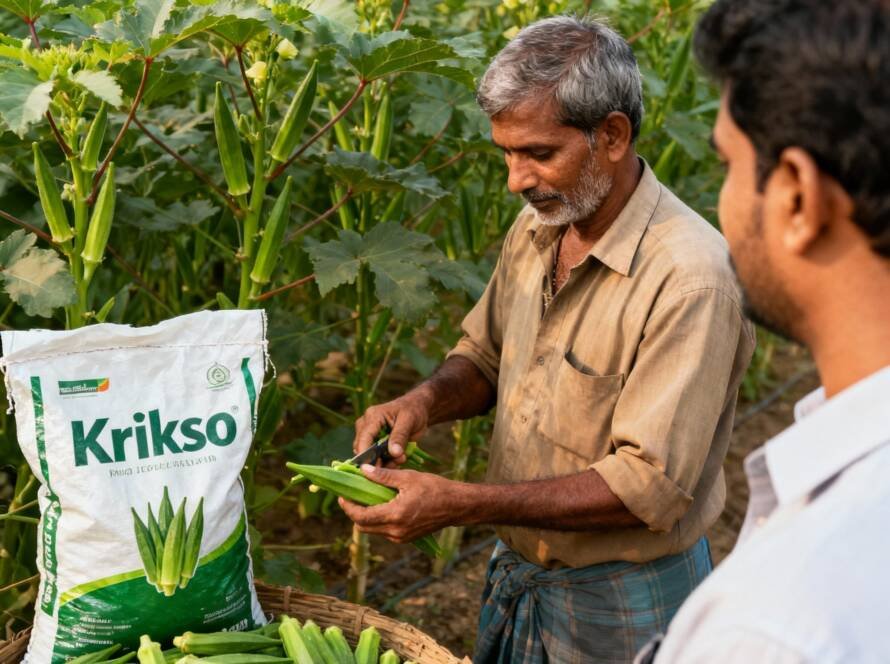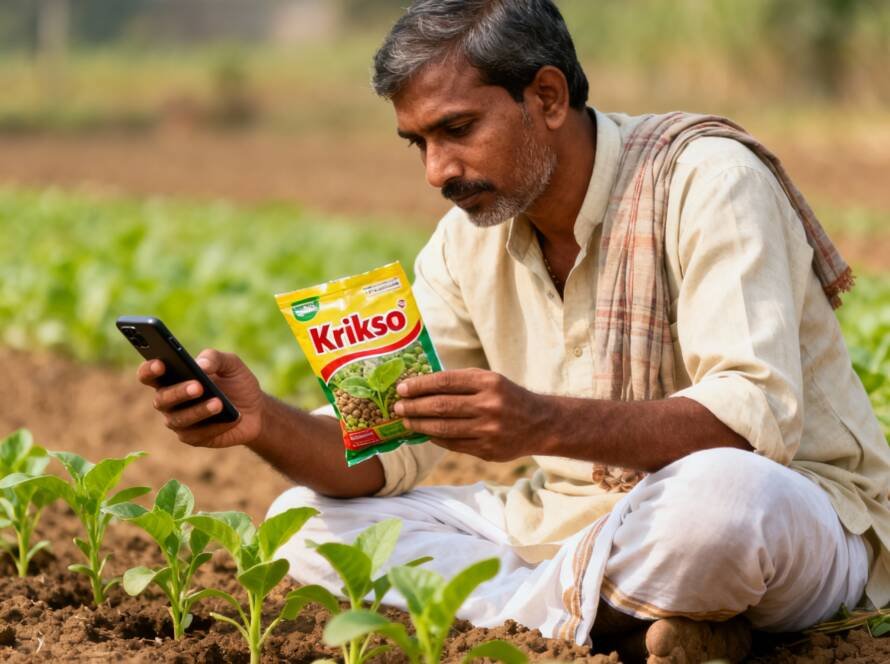Nematodes are microscopic worms that attack plant roots, causing stunted growth, reduced yields, and poor crop quality. Root diseases caused by nematodes and other pathogens are often hidden underground, making early detection challenging. Understanding these threats is key to protecting your crops and maximizing productivity.
1. Common Nematode Infestations and Root Diseases
- Root-Knot Nematodes – Form galls or swellings on roots, reducing nutrient and water uptake.
- Cyst Nematodes – Create cysts on roots, commonly affecting legumes and cereals.
- Lesion Nematodes – Cause necrotic lesions on roots, leading to weak plants.
- Root Rot – Caused by fungi like Pythium, Phytophthora, or Fusarium, often worsened by nematode activity.
- Wilt Diseases – Fungal pathogens infect roots, causing wilting and stunted growth.
2. Causes of Nematode Infestations and Root Diseases
- Infested Soil – Nematodes and root pathogens persist in the soil from previous crops.
- Poor Crop Rotation – Growing the same crop repeatedly increases nematode population.
- Excess Moisture or Waterlogging – Favors root rot pathogens.
- Susceptible Varieties – Some crops are highly vulnerable to nematode attacks.
- Weak Plant Health – Nutrient deficiencies make plants more prone to infections.
3. Symptoms to Identify Infestation and Root Diseases
- Stunted growth or poor germination
- Yellowing or wilting of leaves
- Swollen, malformed, or decayed roots
- Reduced flowering and fruiting
- Overall low yield despite apparent healthy foliage above ground
Early detection is critical, as root damage directly impacts nutrient uptake and crop performance.
4. Prevention and Management Strategies
- Crop Rotation and Fallowing – Reduce nematode population by alternating crops.
- Resistant Varieties – Plant cultivars resistant to nematodes or root rot pathogens.
- Soil Solarization – Sun-heating of soil can reduce nematode and pathogen load.
- Organic Amendments – Use compost, bio-fertilizers, and Trichoderma to improve soil health and suppress pathogens.
- Chemical Treatments – Nematocides or fungicides may be used when infestations are severe.
- Sanitation – Remove infected roots and maintain clean farm tools.
5. Krikso India Support for Root Health
- Bio-Fertilizers and Soil Enrichment Products – Strengthen root systems and soil immunity.
- Nematode-Resistant Seeds – Minimize initial susceptibility.
- Expert Advisory Services – Identification, prevention, and integrated management of root diseases.
- Market Support – Ensures farmers maintain quality produce even in nematode-affected regions.



